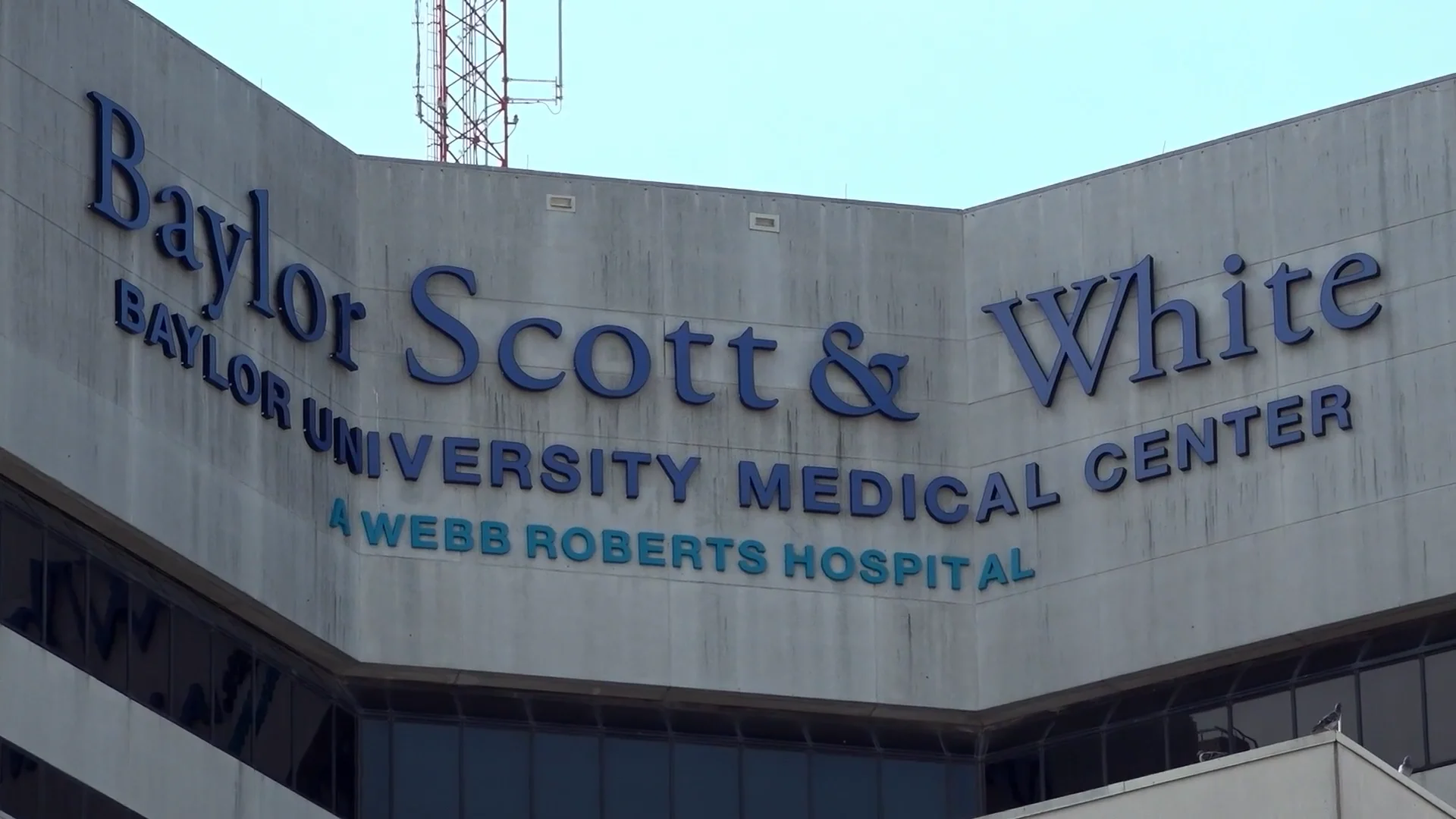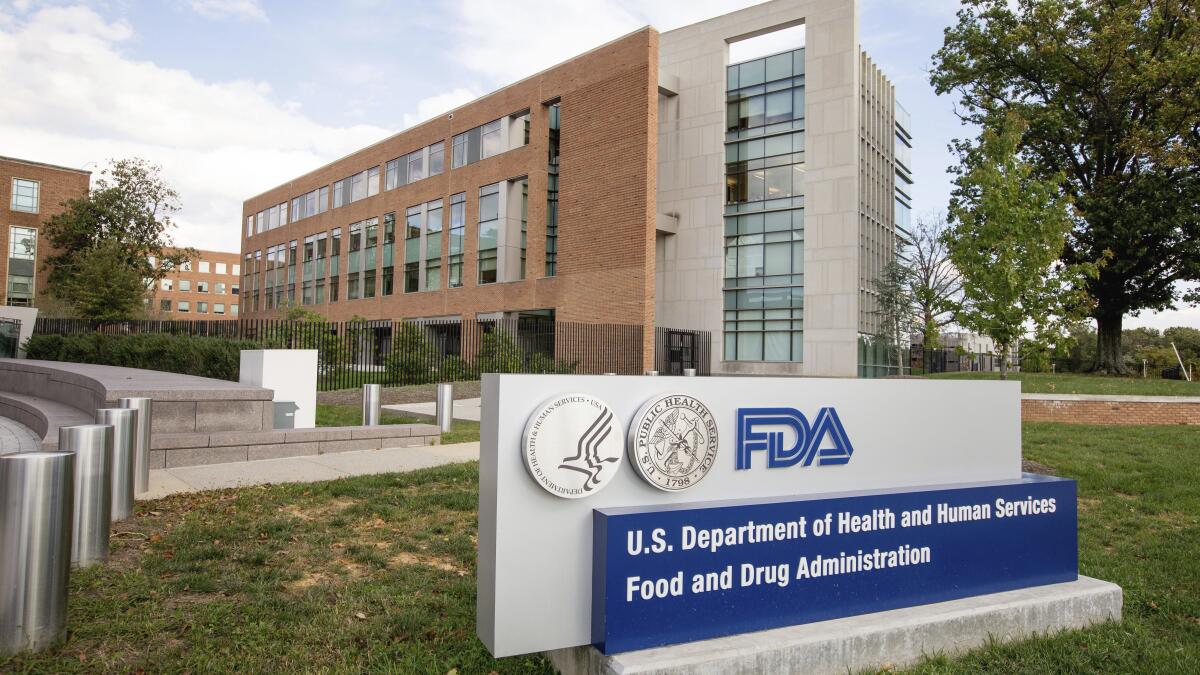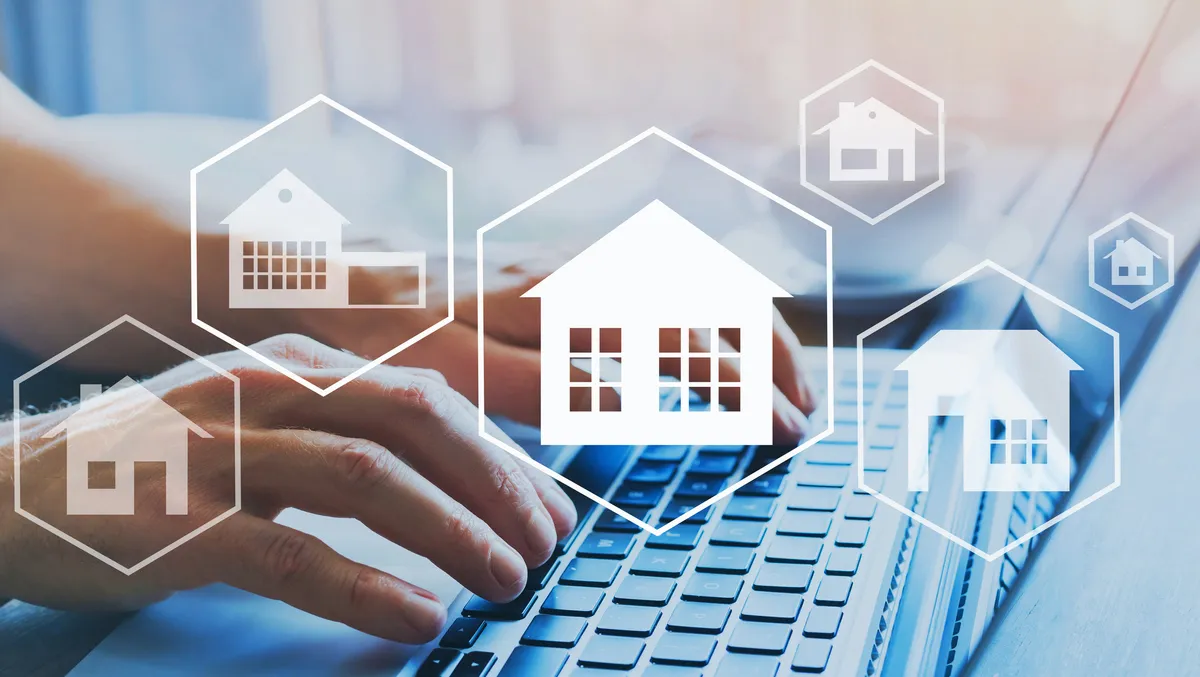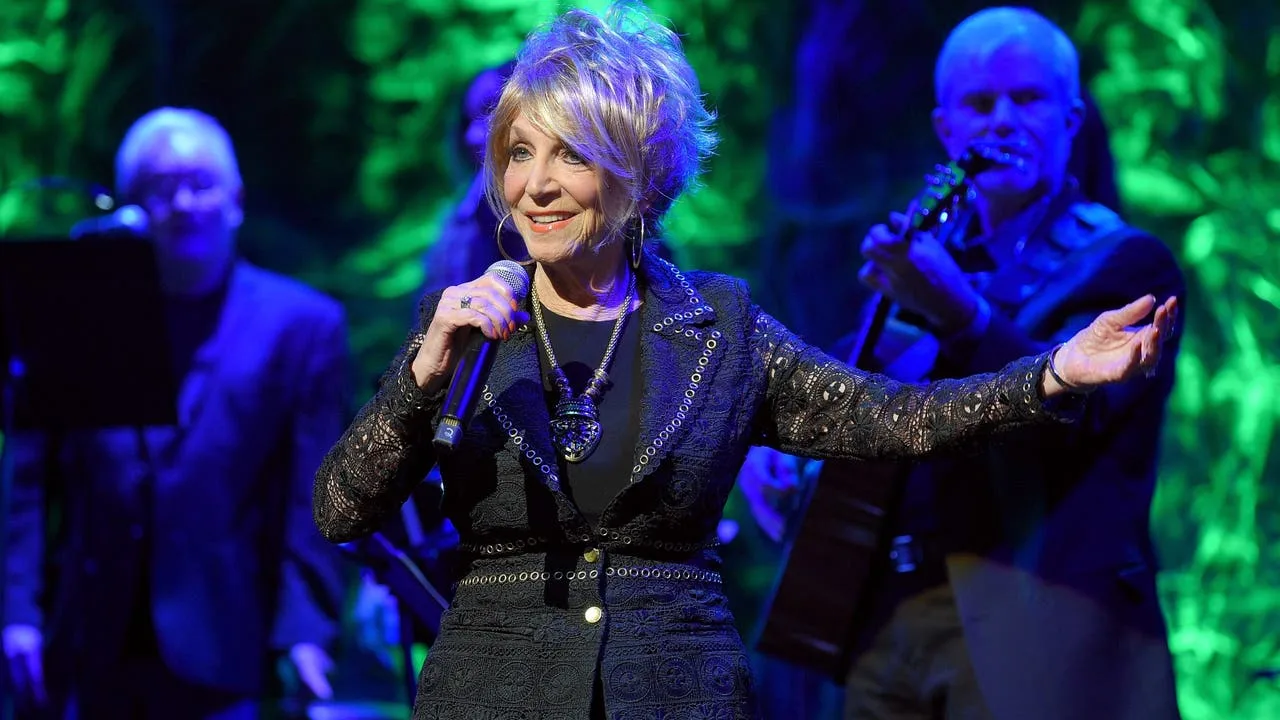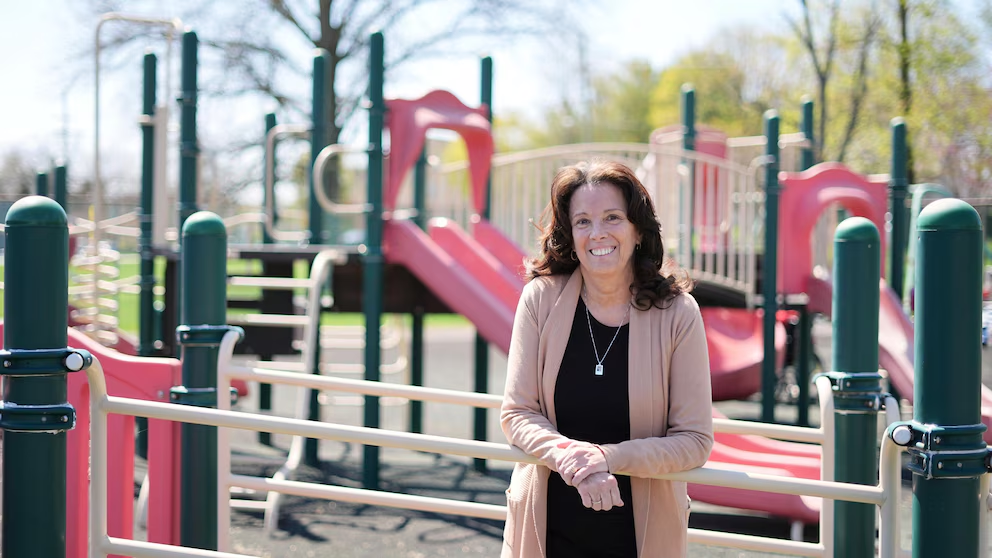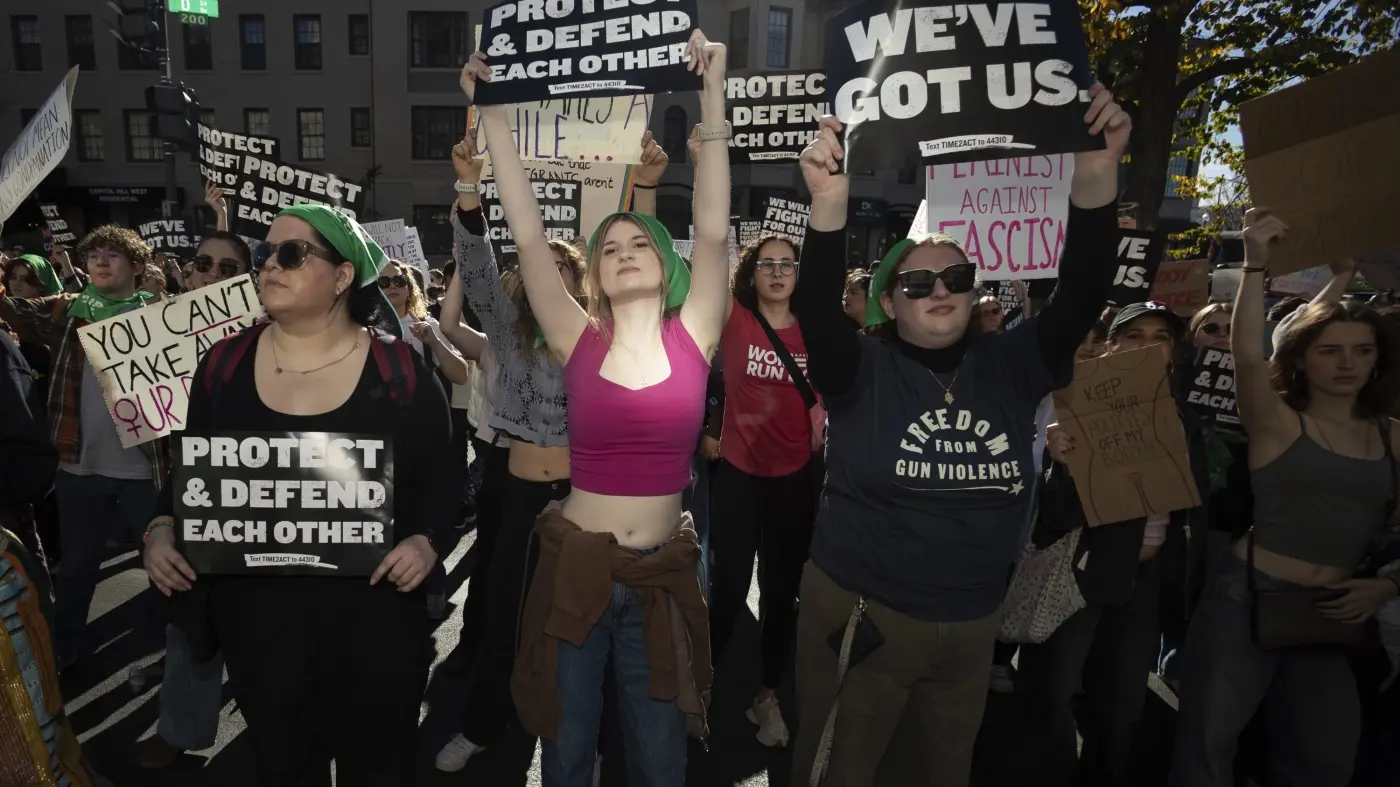
A Rising Concern for Civil Society Rights
The United States, long regarded as a champion of civil liberties and human rights, is now facing scrutiny on the international stage. Recent reports indicate that the U.S. is being considered for placement on a global rights watchlist due to concerns about the health and autonomy of its civil society organizations, particularly during the tumultuous Trump administration era. This potential blacklisting signals a troubling shift in how the international community perceives the state of civil rights and civic freedoms within the United States.
Historical Context and Recent Developments
Historically, the US has been viewed as a beacon of democracy, with a robust civil society playing a crucial role in shaping policies and safeguarding citizens’ rights. However, during Donald Trump’s presidency (2017-2021), several policies and actions raised alarms internationally and domestically about the country’s commitment to civil rights. Challenges included increased government skepticism toward non-profit organizations, restrictions on protest rights, and moves to undermine established norms that protect civil liberties.
In recent months, international rights organizations and watchdog groups have heightened their concerns. An article from The Guardian emphasizes that the US has been placed on a rights watchlist over concerns related to the health of its civil society, marking a significant shift from previous perceptions of American resilience in defending civil rights.
The Implications of a Blacklist
What Does Being Blacklisted Mean?
Recognition on a global rights watchlist does not merely symbolize criticism; it carries tangible repercussions:
- International Reputation: It damages the nation’s credibility on human rights, potentially affecting diplomatic relations.
- Funding and Aid: Countries often tie foreign aid, trade agreements, or diplomatic support to adherence to human rights standards.
- Domestic Policy Pressure: Being under scrutiny compels policymakers to address civil society concerns more proactively.
The US Civil Society Under Threat
Recent reports suggest that during Trump’s tenure, civil society organizations faced increased challenges such as:
- Restrictions on NGO funding sources and foreign donations
- Government crackdowns on protest movements and social activism
- Legislative efforts aimed at curbing the influence of advocacy groups
This environment has not only limited the operational capacity of civil society groups but also stifled the vital voice they bring in shaping public policy and ensuring governmental accountability.
Why Did These Concerns Escalate During the Trump Era?
Policy Decisions and Political Climate
Several key policies introduced or intensified during Trump’s presidency contributed to the perceived deterioration of civil society health:
- Restrictive Immigration Policies: Limiting foreign NGO influence and scrutinizing immigrant advocacy.
- Freedom of Assembly and Protest: Increased police powers and restrictions on civil disobedience.
- Administrative Attacks on NGOs: Appointing officials seen as antagonistic towards civil society initiatives.
Impact on Civil Liberties and Democratic Norms
These policies and actions raised red flags among international observers, who viewed them as attempts to undermine democratic norms, weaken checks and balances, and silence dissent. The potential listing on a global rights watchlist underscores the concerns that the US’s commitment to civil liberties may have been compromised under this political climate.
Broader International Perspective and Reactions
The international community, including human rights organizations and foreign governments, observed these developments with increasing concern. Several analysts argue that such scrutiny highlights the importance of safeguarding democratic institutions, even in countries with long-standing traditions of civil liberties.
An expert from a prominent human rights organization stated, “While the US has historically championed civil rights, recent trends are alarming and require urgent attention to prevent further deterioration of civil society’s health.”
Recommendations for Reinforcing Civil Society in the US
Moving forward, it is critical for the US to:
- Sustain and protect the autonomy of civil society organizations
- Ensure transparency in government interactions with NGOs
- Uphold the rights to peaceful protest and free expression
- Strengthen legal protections against undue restrictions or interference
- Engage in dialogue with international observers to address concerns proactively
Honoring these principles will not only improve the nation’s standing on the global stage but also reaffirm its commitment to uphold the civil rights of its citizens.
The Way Ahead: Restoring Trust and Democratic Vitality
For the US to move away from potential blacklisting and restore its reputation as a defender of civil liberties, there must be concerted efforts to review policies, address civil society concerns, and reassert commitments to democratic principles. Civil society remains a cornerstone of healthy democracy, functioning as a checkpoint and a voice for marginalized communities. Protecting it should be a national priority.
This situation serves as a reminder to both policymakers and the public about the importance of vigilance in upholding civil rights and ensuring that democratic freedoms are preserved and strengthened.
Conclusion
The possibility of the US being placed on a global rights watchlist over issues related to civil society signals a significant shift in how the country is perceived internationally. While the challenges faced during the Trump era have cast a shadow over civil liberties, they also present an opportunity for reflection and reform. Restoring trust in civil society and reaffirming commitments to democratic values are vital steps toward ensuring that the United States remains a global leader in human rights and civil liberties.
As citizens, policymakers, and global observers continue to monitor developments, it is essential to advocate for policies that support a vibrant, autonomous, and resilient civil society.
For more updated news please keep visiting Prime News World.


